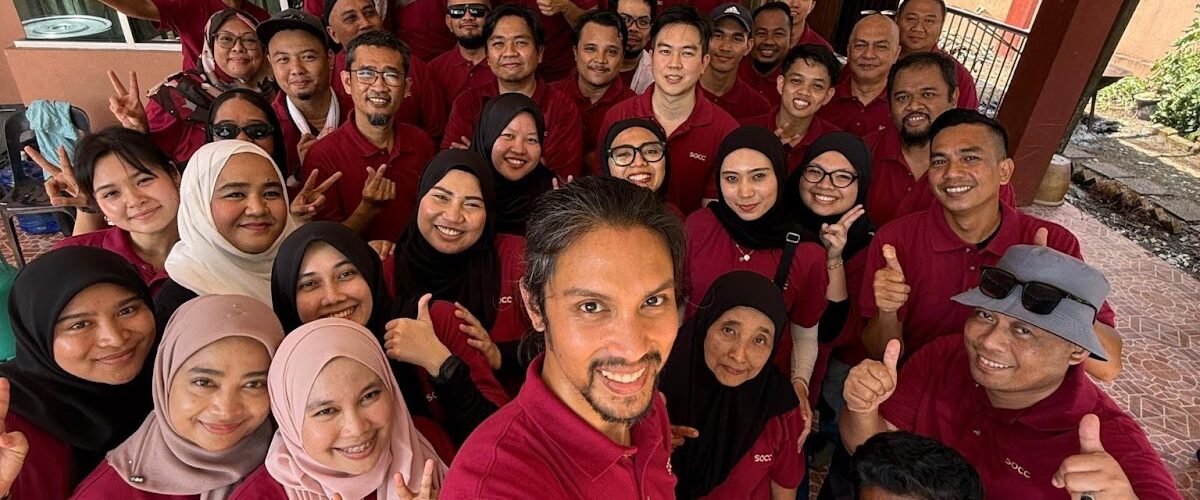Rejecting an Offer
Educated in the UK and France, Amin could have taken the conventional path. But he didn’t. “I rejected the offer to stay on because I felt I could contribute more by coming back,” he recalled. “I wanted to build something of my own, in my own land.”
That decision marked the start of a journey that now spans multiple industries, continents, and generations. Today, Amin wears three entrepreneurial hats: a first-generation founder, a second-generation leader, and a third-generation torchbearer. At the heart of it all is a single, unwavering purpose: to elevate Sarawak.
Reviving a Dying Drink
Amin’s entrepreneurial journey began in 2012, with a drink close to every Sarawakian’s childhood memory—air belon. As he shared, during festive days, it’s tradition to serve local carbonated drinks, rather than syrup. But over time, these beverages were overtaken by global brands and air belon slowly disappeared from family gatherings.
Determined to preserve this fading tradition, Amin found one of the last local manufacturers and struck a deal. Under his own brand, LEEMA, he began producing and distributing the drink. What started as a small self-funded operation steadily grew, and by 2014, he had purchased the recipe and set up his own factory.
“For me, it wasn’t just about business. It was about heritage. It was about Sarawak,” he said.
But by 2016, a new call to duty emerged.
Resisting the Family Business
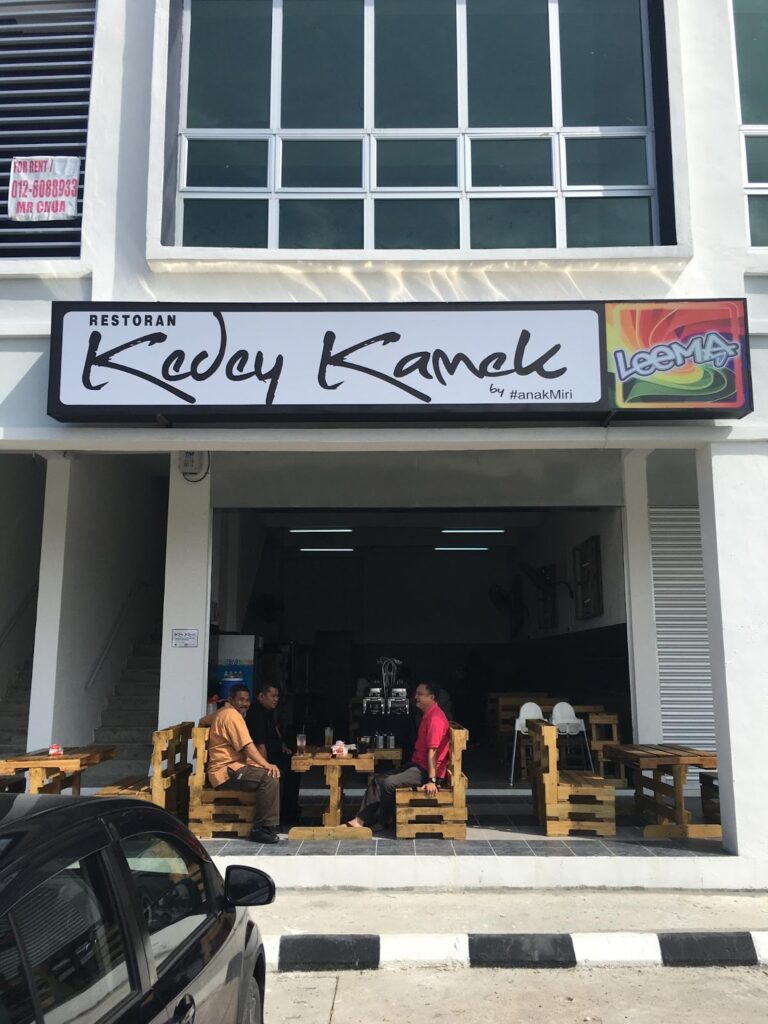
Amin’s father, a seasoned businessman in safety training for the oil and gas sector, had long asked him to join the family business. Amin resisted—at least at first.
“I told him, if I joined him right after graduation, I’d only ever be known as his son. I needed to prove that I could build something on my own.”
After four years of running LEEMA and opening his first Sarawakian restaurant, Kedey Kamek, in Kuching, Amin felt ready. The timing was critical—2016 marked a downturn in the oil and gas sector. His father needed support, and Amin had built the skills to contribute meaningfully.
He sold off LEEMA and joined the family enterprise.
Still, he kept Kedey Kamek, a restaurant concept built around more than just food.
“Kedey Kamek,” Amin explained, “means ‘Our Shop’ in Bahasa Melayu Sarawak—again, a homage to Sarawakian roots. “We want people to feel like they belong. You don’t come in as a customer; you come in as part of the family.” It is that same sense of rootedness and ownership that permeates everything Amin does.
Realising Growth Potential
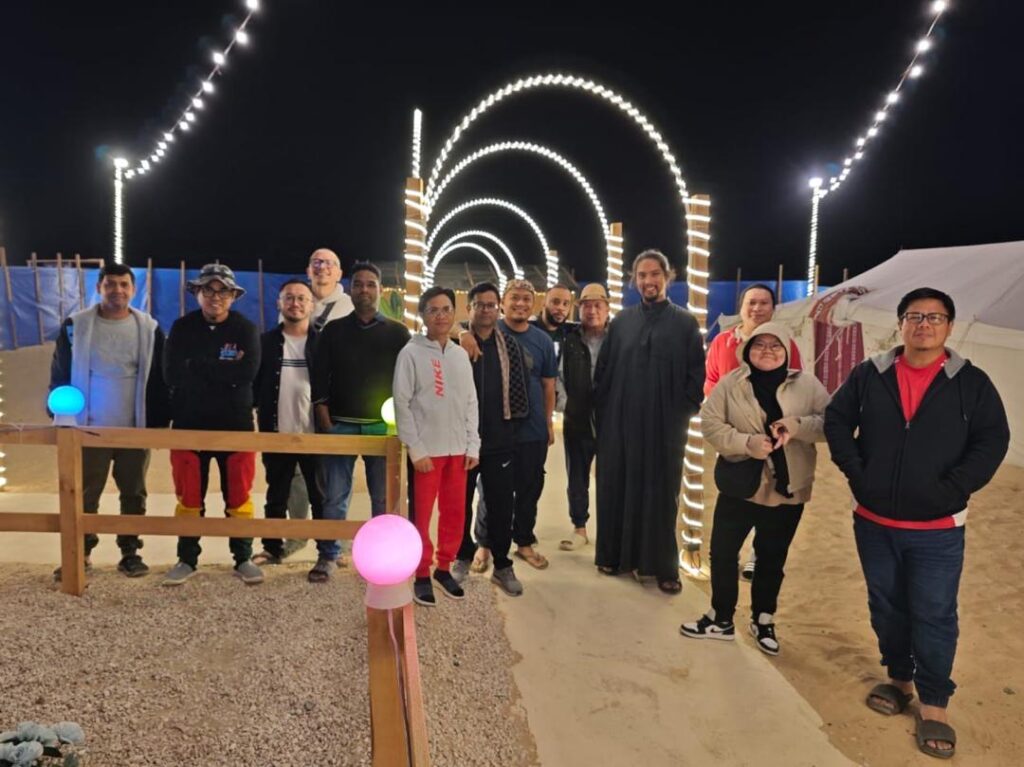
Joining the family business meant splitting time between Kuching and Saudi Arabia, where the company’s headquarters were based. His father’s operations spans the Middle East, Africa, and Southeast Asia. For four years, Amin worked between continents—supporting the training business while managing his restaurant back home.
In March 2020, he opened Kedey Kamek KL, just two weeks before the first COVID-19 lockdown. What was meant to be a short trip to oversee the launch turned into a long-term pivot. “I was stuck in KL. But in hindsight, it was a blessing,” he said. The pandemic offered him a chance to reimagine operations, consolidate management, and expand the company’s footprint from a more central location. New opportunities began to emerge.
In 2022, another chapter opened. His aunt offered him the opportunity to take over SOCC, a company started by his grandfather—making Amin the third generation to run it. Today, SOCC provides offshore catering to oil rigs and vessels, complementing the group’s safety training arm.
Across these ventures, Amin now leads a team of over 600 staff.
Relishing the Sarawakian Soul
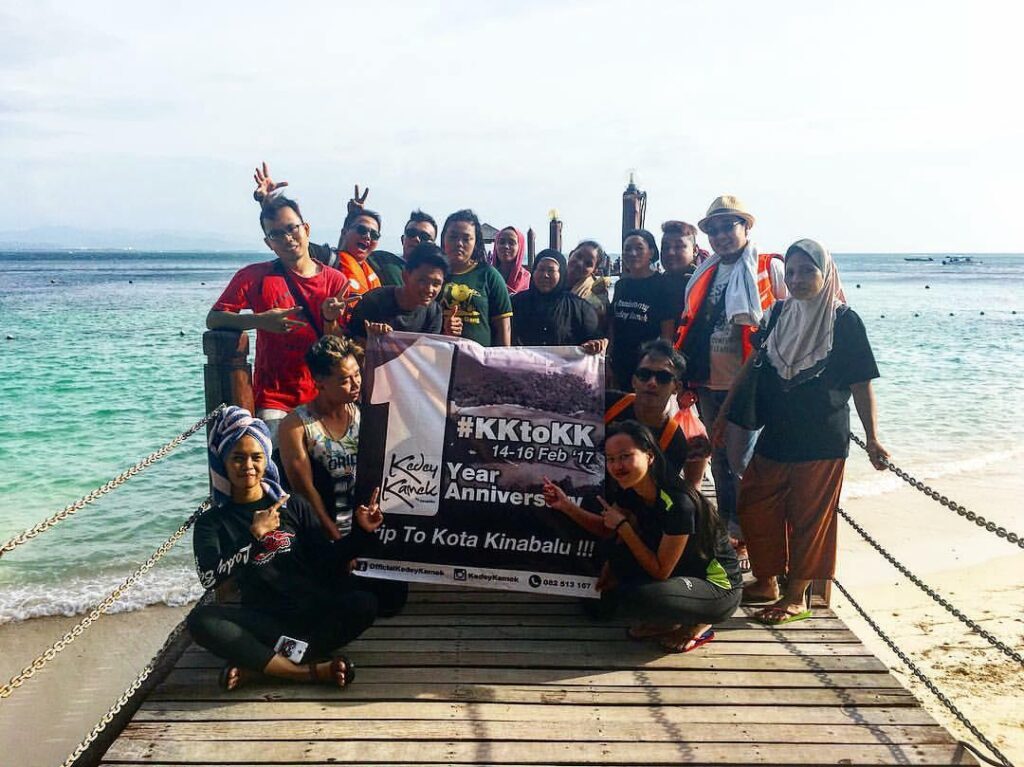
Despite this expansive portfolio, Amin’s focus has not shifted.
“Everything I do is about promoting Sarawak,” he said.
Whether it is through food, skills, or exportable talent, Amin is committed to showcasing the richness and capabilities of Sarawakians. “95% of our trainers are from Sarawak. And they’re not just competent—they’re in demand,” he said proudly. “We’ve sent trainers to the Middle East, Europe, the Americas. These are Sarawakians teaching the world.”
He views this as a necessary disruption of an outdated narrative—that knowledge and leadership must come from elsewhere. “People used to believe we were second class. But now, we’re the ones training orang putih, orang Arab—everybody. That’s what excites me.”
Relinquishing to Lead

One of the hardest transitions for Amin has been stepping back from the hands-on grind to become a strategic leader. “When you start, you’re everything: operations, finance, marketing,” he said. “But as you grow, you have to step back and think bigger.”
That shift came with emotional complexity.
“I felt guilty, honestly. If my staff worked 12-hour shifts, I felt like I needed to do the same. But I’ve come to realise—thinking is working. Strategising is part of the job. It allows everyone else to grow.”
His leadership philosophy remains firm: lead by example, but don’t carry the whole weight yourself. “I don’t protect incompetence,” he said. “Because if I do that, I’m risking the livelihoods of others. That’s not sustainable, and it’s not fair.”
Reimagining a Goal
The evolution in mindset helped Amin reframe what success truly means.
“When I look at business, I don’t see revenue or valuation as the end game. They’re just vehicles,” he explained. “The real goal is what we do with them—how they enable us to give back.” It is a deeply personal vision. He wants to be in a position where no one in his extended family is held back by lack of access.
“If someone says, ‘My kids got into university, but I can’t afford it,’ I want to say, ‘I’ve got you.’ That’s what success looks like to me.”
And that belief ripples through his organisation. “None of us are working for ourselves individually,” he tells his team. “It’s not about me as MD, or you as cashier. It’s about all of us, together. The better we do collectively, the more we all gain.”
It is a model of business as a means, not merely an end—a quietly radical idea in today’s profit-first economy.
Rooted in Purpose
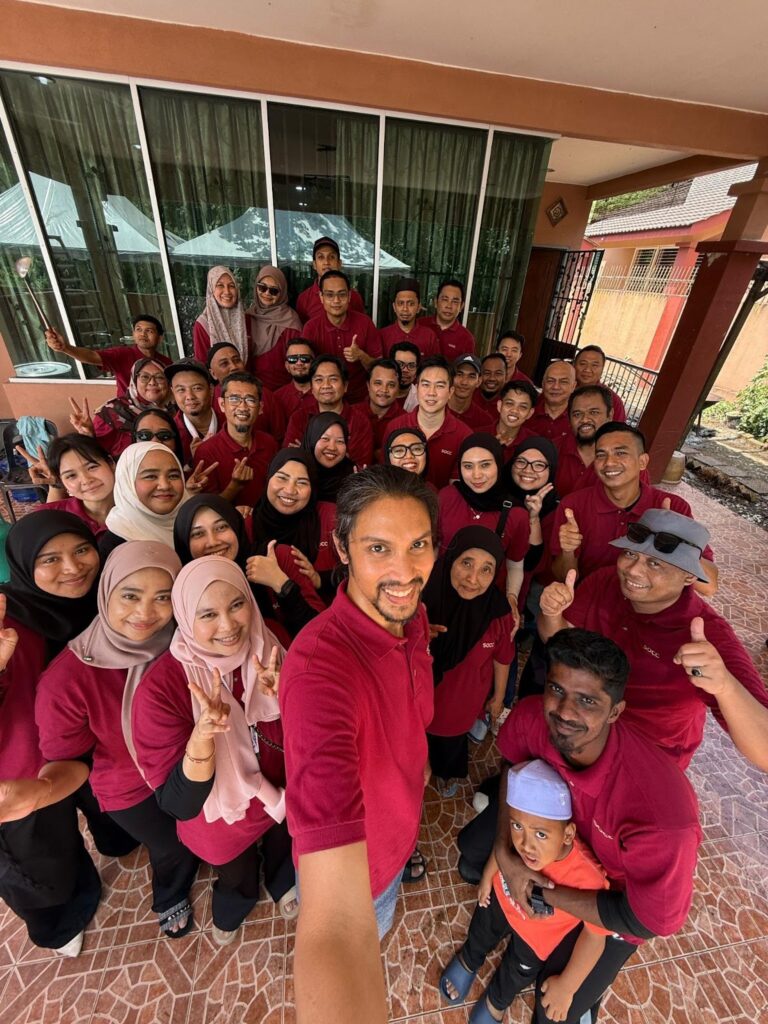
Today, all of Amin’s ventures are consolidated under SOCC Holdings Sdn Bhd, with a bold, long-term vision: SOCC 2030. The goal? To become one of the leading companies in ASEAN and the Middle East across three key sectors: F&B, training and education, and facility management. Amin’s target is ambitious: to hit a market capitalisation of USD1 billion.
But even this is not an end in itself.
“I want to be financially strong so I can help others stand on their own,” he said. “My dream is to see everyone around me successful enough that they no longer need me.”
From reviving air belon to modernising safety training, from preserving Sarawakian identity to planning regional expansion—Amin Aznizan’s journey is proof that a business can be both grounded in culture and geared towards scale.
It is not just a story of entrepreneurship. It is a story of purpose—of building not for ego or empire, but for people.
Because when the goal is no longer just personal success, the impact becomes exponential.



